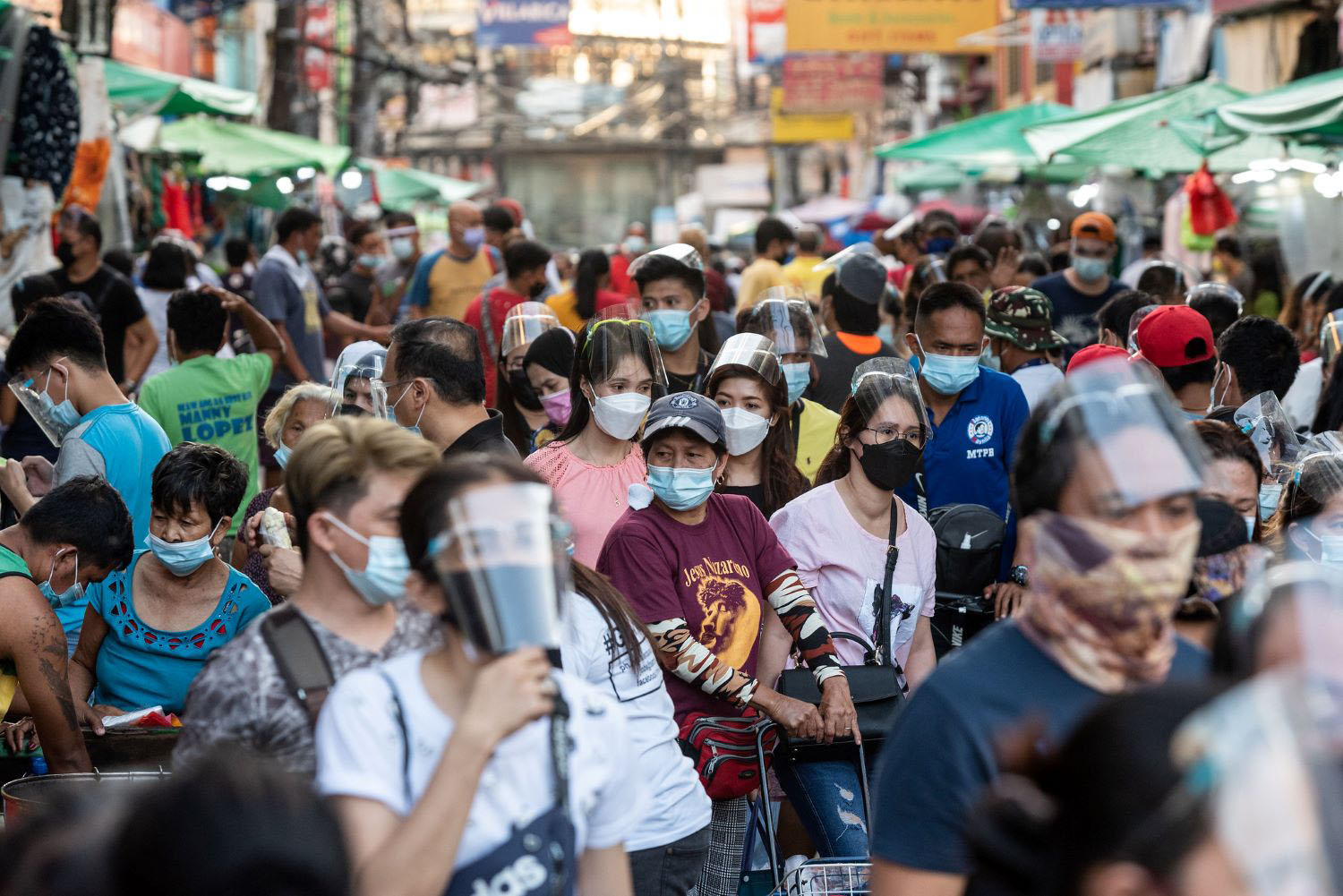Ideas to action: independent research for global prosperity
Research
Innovative, independent, peer-reviewed. Explore the latest economic research and policy proposals from CGD’s global development experts.
WORKING PAPERS
April 11, 2024
POLICY PAPERS
April 15, 2024
CGD NOTES
April 08, 2024
WORKING PAPERS
April 04, 2024
All Research
Filters:
Topics
Facet Toggle
Publication Type
Facet Toggle
Time Frame
Facet Toggle
Research
BRIEFS
October 18, 2016
Since 2015, India has devolved an increasing share of its national tax yield to state governments and undertaken reforms to other kinds of centre-to-state grants. For many, the increased revenue via the tax devolution was considered good news but some health experts worried that states would give li...
POLICY PAPERS
October 17, 2016
In the face of growing U.S. indifference to multilateral development institutions, China is stepping up. The circumstances around the creation of the Asian Infrastructure Investment Bank (AIIB) have usefully brought to light a longer trend that will ultimately lead to a diminution of U.S. leadership...
POLICY PAPERS
March 29, 2016
There is no question that the “mega-regional” trade deals in the Pacific and across the Atlantic are big. If completed and implemented, they will cover a large portion of global trade and investment. This paper examines the TPP text to identify provisions that are more or less devel...
WORKING PAPERS
December 19, 2011
David Wheeler and co-authors use detailed monthly data from FORMA (Forest Monitoring for Action) to determine the factors that contribute to deforestation in Indonesia. Their results highlight the importance of incorporating economic dynamics into financial compensation arrangements for forest conse...






